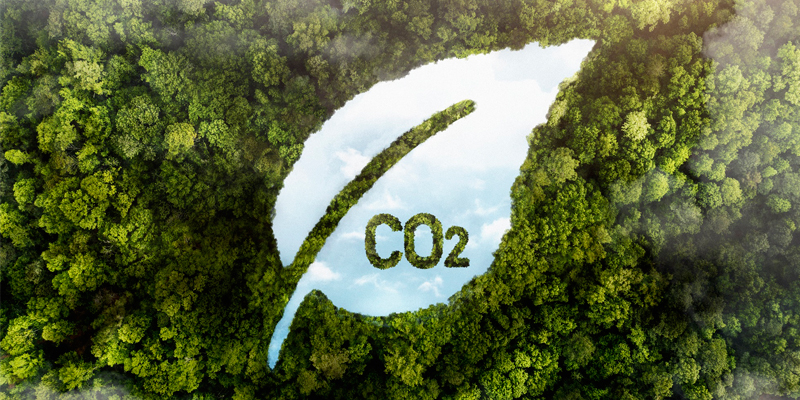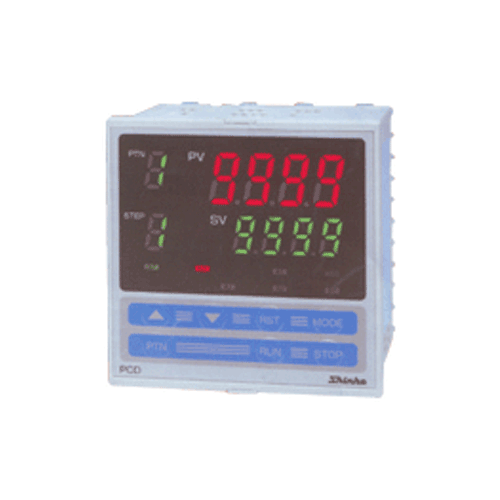Schedule a Call Back
We see strong demand for process equipment in next 5 years: Shalabh Singh
 Articles
Articles- Jun 27,25

Related Stories

The future of boilers: India’s market shifts, global risks and the power of AI
This article examines how efficiency mandates; fuel transitions and AI-driven digitalisation are reshaping modern boiler technology and steam systems, with insights from Vinod Kumar Luthra, Chief Ex..
Read more
Can AI be the game changer for Indian manufacturers?
While manpower issues and quality are driving adoption of industrial automation, cost and lack of knowledge are causing hindrances. Artificial intelligence (AI) can be the game changer, writes Rakes..
Read more
India’s Decarbonisation Journey: Turning Climate Challenge into Opportunity
While decarbonisation is increasingly becoming a prerequisite to access premium global markets, India's path to net-zero by 2070 is complex. However, with coordinated action, strategic investments, ..
Read moreRelated Products

Programmable Controllers - Pcd-33a Series
Pro-Med Instruments (P) Ltd offers a wide range of programmable controllers - PCD-33A Series.

Gasket Graphite Powder
Arihant Packing & Gasket Company offers a wide range of gasket graphite powder.
Asahi Kasei expands 3D printing filament sales in North America
Asahi Kasei, a leading resin and compounding technology provider, has initiated the sales of 3D printing (3DP) filaments in North America through Asahi Kasei Plastics North America (APNA). The soft la Read more















